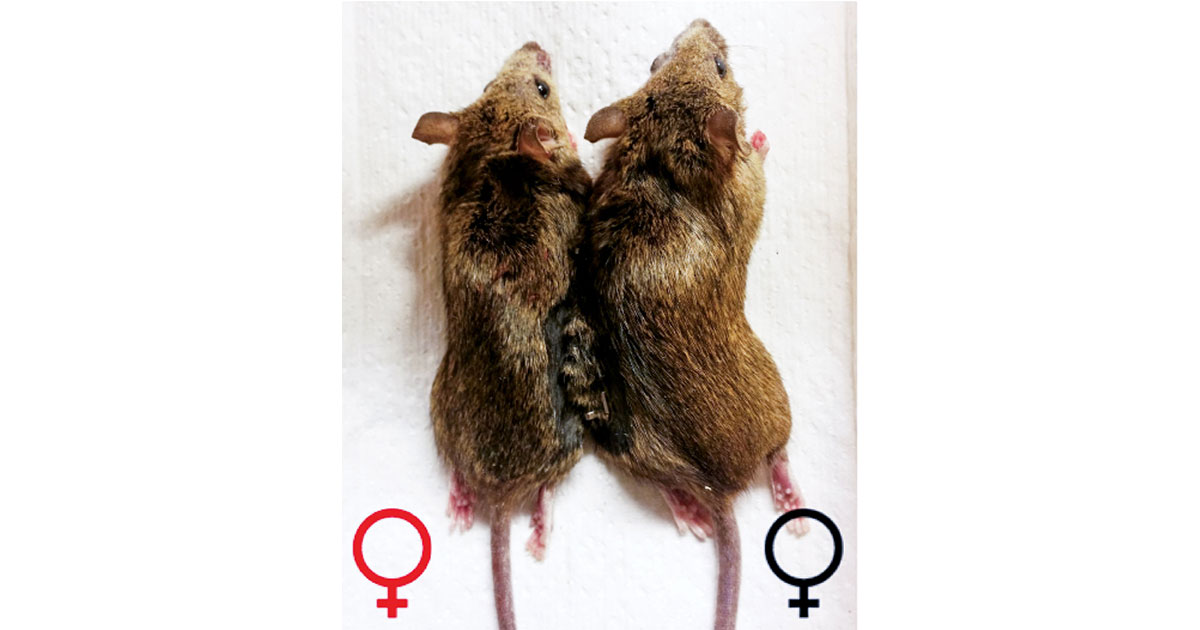Advertisement
Grab your lab coat. Let's get started
Welcome!
Welcome!
Create an account below to get 6 C&EN articles per month, receive newsletters and more - all free.
It seems this is your first time logging in online. Please enter the following information to continue.
As an ACS member you automatically get access to this site. All we need is few more details to create your reading experience.
Not you? Sign in with a different account.
Not you? Sign in with a different account.
ERROR 1
ERROR 1
ERROR 2
ERROR 2
ERROR 2
ERROR 2
ERROR 2
Password and Confirm password must match.
If you have an ACS member number, please enter it here so we can link this account to your membership. (optional)
ERROR 2
ACS values your privacy. By submitting your information, you are gaining access to C&EN and subscribing to our weekly newsletter. We use the information you provide to make your reading experience better, and we will never sell your data to third party members.
Biological Chemistry
Exercising Depression
December 10, 2007
| A version of this story appeared in
Volume 85, Issue 50
Exercise tends to lift depression, and researchers at Yale University think they have now learned how. Ronald S. Duman and colleagues used a microarray to identify genes that are regulated by exercise. They found that exercise upregulates a gene in a biochemical pathway that is also thought to be affected by antidepressants. The gene codes for the nerve growth factor VGF. The researchers showed that administering a synthetic form of VGF produces a robust antidepressant effect in mice and that mutation of VGF in mice produces the opposite effect (Nat. Med., DOI: 10.1038/nm1669). Last month, Janet Alder at the University of Medicine & Dentistry of New Jersey and coworkers also reported that VGF has antidepressant effects in mice (J. Neurosci. 2007, 27, 12156). Duman notes that VGF is "a completely different factor" from endorphins, the body's natural painkillers that are associated with the exercise-induced, mood-elevating effect known as "runner's high."




Join the conversation
Contact the reporter
Submit a Letter to the Editor for publication
Engage with us on Twitter